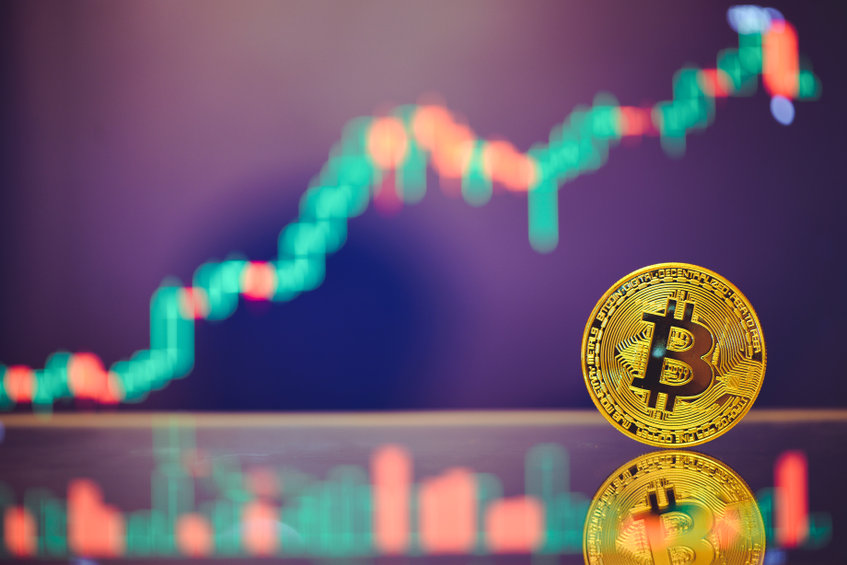
- Bitcoin price could still drop to the 200-MA at $22,000, with possible downside wicks to $19,000 and then $15,500.
- Bounces off these levels have offered huge investment returns for long-term investors, says crypto analyst Rekt Capital.
Bitcoin (BTC) is tracking fresh losses below $30,000, with the broader crypto market seesawing in the red amid new downsides for stocks. BTC, which has tanked nearly 58% from its all-time high, could still see further selling to reach new multi-year lows.
But for investors looking to enter the market, this could come with a massive opportunity if prices ended up at a key historical support level.
Top crypto analyst Rekt Capital says this has been the case whenever BTC price hits or wicks below the 200-week moving average (the 200-MA).
Historically, #BTC tends to bottom at or below the 200-MA (orange)
The 200-MA thus tends to offer opportunities with outsized ROI for $BTC investors (green)
Wicks below it are the point of peak opportunity
So how much does BTC wick below the 200-MA?
A thread#Crypto #Bitcoin pic.twitter.com/b3TLfsafUe
— Rekt Capital (@rektcapital) May 24, 2022
“Since 2015, the 200-MA has been touched on 4 occasions to form generational bear market bottoms. And 3 out of 4 of those Bear Market bottoms ended with downside wicking,” Rekt noted in a Twitter thread on Tuesday.
The downside wicks have been between -14% and -28%, with the latter happening after the March 2020 market collapse. According to the analyst, Bitcoin’s current price means bears need to pull the flagship cryptocurrency’s value down by 28% to reach the 200-MA that currently sits at around $22,000.
Below this historical support level, a -14% to -28% return would bring BTC/USD to $19,000 and $15,500.
This means investors who likely missed the last bull market could have a chance for a low entry point at these levels.
However, while the analyst says downside wicks off the 200-MA have largely presented periods of “peak financial opportunity for long-term BTC investors,” the market at these times is usually at extreme fear and maximum pessimism.
This article first appeared at